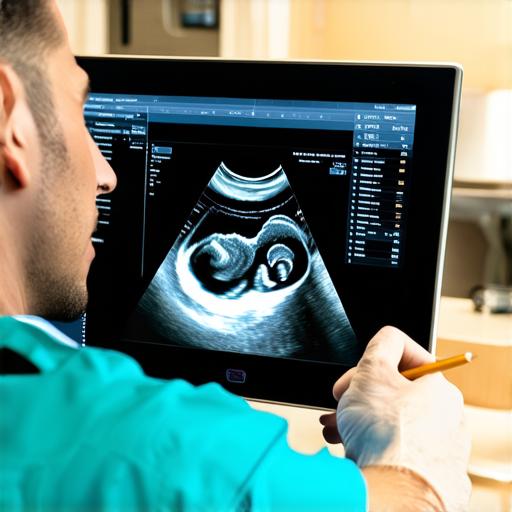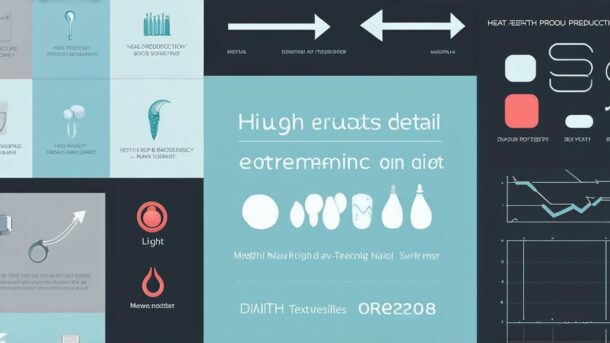Cryptorchidism is a medical condition that affects the testicles in men. It occurs when one or both of the testicles fail to descend into the scrotum, resulting in an undescended testicle.
Sperm Production and Heat
Sperm production occurs within the seminiferous tubules of the testicles. These tubes are enclosed in a protective sac called the tunica albuginea, which helps regulate the temperature inside the testicle to an optimal level for sperm production. Heat can affect this delicate process by raising the internal temperature of the testicle above the ideal range, leading to damage or death of the sperm cells.
Cryptorchidism and Sperm Production
In men with cryptorchidism, the undescended testicle is usually exposed to external heat, which can further exacerbate the problem by causing additional damage to the sperm cells. This increased exposure to heat can result in a decrease in sperm count, poor motility, and abnormal morphology of the sperm cells, all of which are factors that contribute to infertility.

Complications of Cryptorchidism
In addition to the potential for damage to sperm production, cryptorchidism can also increase the risk of certain complications that may affect fertility. These include:
- Torsion: This is a condition in which the testicle twists on itself, causing it to become trapped and potentially damaged. Torsion is more common in undescended testicles and can result in a decrease in sperm production.
- Infection: Undescended testicles are more susceptible to bacterial infection, which can cause inflammation and damage to the testicle tissue. This can lead to decreased sperm production and infertility if left untreated.
- Varicoceles: These are swollen veins in the scrotum that can occur as a result of undescended testicles. They can contribute to heat buildup in the testicle, further damaging sperm production.
- Testicular cancer: While rare, men with cryptorchidism have an increased risk of developing testicular cancer. This is why it’s important for men with this condition to receive regular check-ups and screenings for early detection and treatment.
Treatment Options
The treatment options for cryptorchidism depend on the age at which the condition is diagnosed and the severity of the symptoms. In some cases, surgery may be necessary to correct the position of the testicle and prevent complications like torsion and infection. In other cases, hormone therapy or sperm retrieval techniques may be used to restore fertility.
Summary
While cryptorchidism itself does not necessarily lead to sterility, it can increase the risk of certain complications that may eventually result in infertility. It’s important for men with this condition to receive regular check-ups and seek treatment as soon as possible to prevent further damage to sperm production and improve their chances of achieving fertility. If you suspect you or someone you know has cryptorchidism, it’s important to consult a medical professional for proper diagnosis and treatment.



